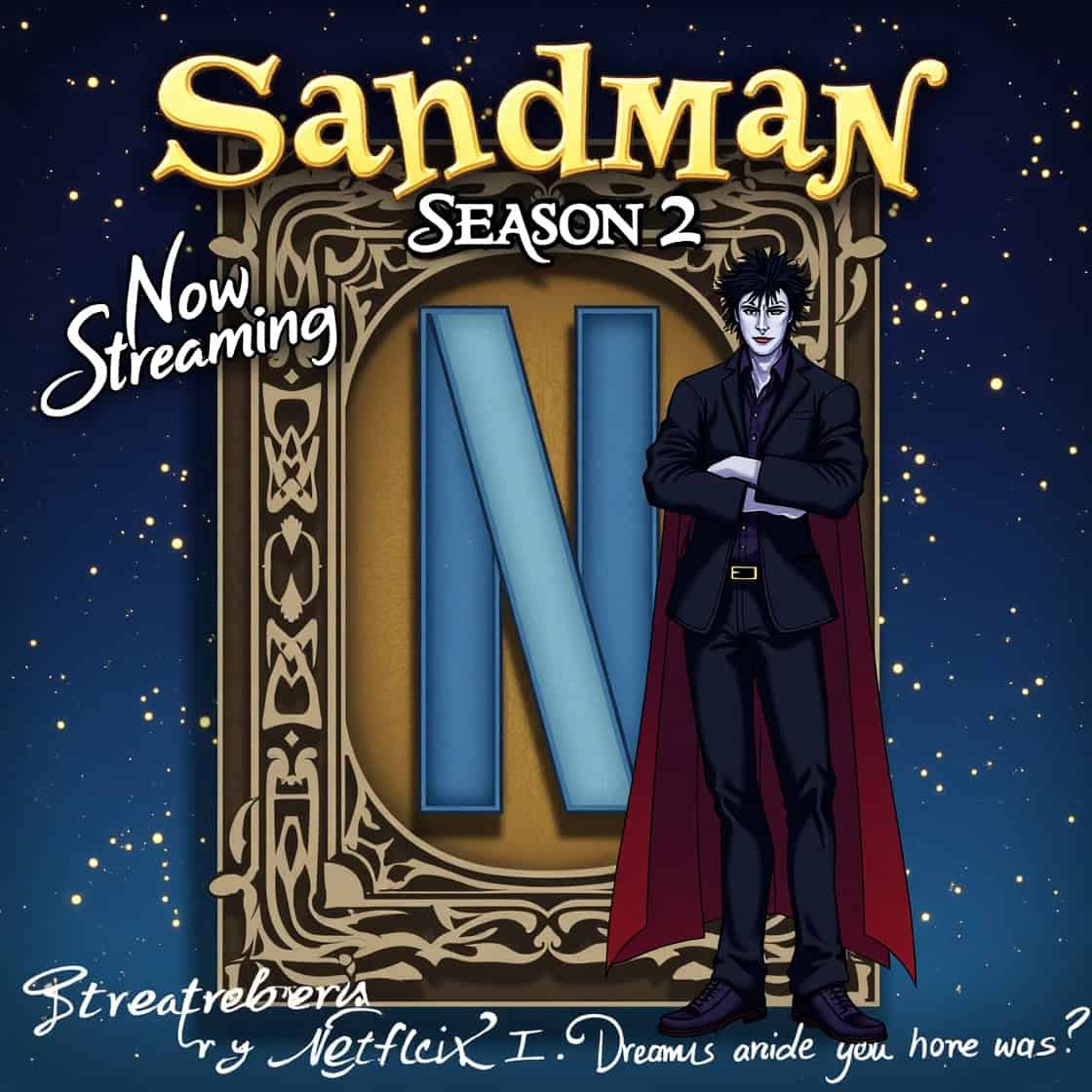What Are the Early Signs of Frozen Shoulder?

Strong 8k brings an ultra-HD IPTV experience to your living room and your pocket.
Frozen shoulder, also known as adhesive capsulitis, is a painful condition that causes stiffness and limited movement in the shoulder. This condition typically develops slowly, and the symptoms often worsen over time if left untreated. Recognizing the early signs of frozen shoulder can help you seek treatment early and prevent further complications.
In this blog, we’ll explore the early signs of frozen shoulder, the causes and symptoms, how it is diagnosed, and the treatments available to help you regain shoulder mobility and relieve pain.
What is Frozen Shoulder (Adhesive Capsulitis)?
Frozen shoulder occurs when the capsule surrounding the shoulder joint becomes thickened and tightened, which causes pain and significantly limits the shoulder’s range of motion. It typically progresses in three stages:
Freezing Stage: Gradual shoulder pain that worsens, and stiffness starts to develop.
Frozen Stage: Pain may diminish, but stiffness remains and can last for months.
Thawing Stage: Shoulder mobility slowly improves, and full recovery can take up to two years.
While the exact cause is unknown, frozen shoulder is more likely to develop in individuals with diabetes, those who have had shoulder injuries or surgeries, or people over 40 years old.
Early Signs of Frozen Shoulder
The early signs of frozen shoulder can be subtle but gradually worsen as the condition develops. Some of the key symptoms include:
1. Shoulder Stiffness and Pain
One of the first signs of frozen shoulder is shoulder stiffness and pain. The pain is typically dull and aching and can be present both at rest and during activity. The discomfort may begin in the outer shoulder and spread toward the upper arm, making it difficult to perform everyday tasks like reaching overhead or behind the back.
2. Limited Shoulder Mobility
As the condition progresses, the shoulder’s range of motion becomes increasingly limited. Activities such as lifting the arm above the head, reaching for objects, or rotating the arm become more difficult and painful. The inability to fully rotate or lift the arm is one of the primary indicators that frozen shoulder may be developing.
3. Pain at Night
In the early stages of frozen shoulder, many people experience worsening shoulder pain at night, particularly when lying on the affected side. This can disrupt sleep and add to the discomfort, further affecting quality of life.
4. Difficulty with Daily Activities
Common activities like dressing, brushing your hair, or putting on a jacket become painful and challenging due to limited movement. If you notice a gradual inability to perform routine tasks that involve the use of your shoulder, it may be an early sign of frozen shoulder.
5. Gradual Onset of Symptoms
Frozen shoulder does not appear suddenly. Its symptoms develop gradually, which often leads people to ignore or dismiss the pain at first. If you notice your shoulder pain worsening over a period of several weeks or months, it’s important to seek medical attention to assess the potential for frozen shoulder.
Symptoms of Adhesive Capsulitis
The symptoms of adhesive capsulitis vary in severity but generally follow a progression:
Pain: Initially, you may experience pain in the shoulder that becomes worse with movement.
Loss of Range of Motion: As the condition progresses, the stiffness increases, and the shoulder becomes less mobile.
Pain in the Shoulder: During the frozen stage, some people may experience less pain but still have significant stiffness and limited movement.
If you notice any of these symptoms, it’s essential to consult with a shoulder pain specialist in Frisco to discuss potential treatment options and prevent further damage.
Frozen Shoulder Treatment in Frisco, TX
Frozen shoulder can be a frustrating and painful condition, but the good news is that treatment options are available to help relieve pain and restore mobility. Here are some of the most effective treatments for frozen shoulder:
1. Physical Therapy
One of the most common treatments for frozen shoulder is physical therapy. A shoulder pain specialist will design a rehabilitation program focused on stretching and strengthening the muscles around the shoulder joint. This can help restore mobility and alleviate pain over time.
2. Medications
Nonsteroidal anti-inflammatory drugs (NSAIDs) such as ibuprofen can help manage pain and inflammation during the early stages. In some cases, your doctor may recommend corticosteroid injections to provide short-term relief from pain and inflammation.
3. Heat and Cold Therapy
Applying heat and cold packs can help reduce swelling, improve circulation, and provide temporary relief from pain and stiffness in the shoulder.
4. Surgery
In severe cases, surgery may be necessary to address frozen shoulder. Shoulder surgery can be performed arthroscopically to release the tight capsule or remove scar tissue that is restricting movement. However, surgery is typically considered a last resort after conservative treatments have failed.
5. Joint Mobilization Techniques
Joint mobilization techniques, such as manual therapy, performed by a trained physical therapist or specialist, can help improve the range of motion in the shoulder and reduce stiffness.
Why Choose Us for Frozen Shoulder Treatment?
At Dallas Shoulder, we are committed to providing you with the best possible care for frozen shoulder. Dr. Paul Ghattas, a board-certified shoulder specialist in Frisco, TX, brings years of experience to the table. Our team will work with you to design a personalized treatment plan based on your needs and goals, ensuring the best possible outcome for your shoulder health.
Conclusion
Frozen shoulder can be a challenging condition to manage, but early detection and treatment are key to minimizing discomfort and restoring function. If you are experiencing the early signs of frozen shoulder, don’t wait to seek help. Early intervention can make a significant difference in your recovery.
If you’re experiencing shoulder pain or limited mobility, contact us today to schedule a consultation. Let Dr. Paul Ghattas and the team at Dallas Shoulder help you regain your freedom of movement. Contact us now!
FAQs
1. What causes frozen shoulder?
Frozen shoulder is often caused by inflammation of the shoulder joint capsule, but it can be triggered by an injury or surgery. Conditions like diabetes, heart disease, and thyroid problems may also increase the risk.
2. Can frozen shoulder heal on its own?
While some people may experience gradual improvement over time, untreated frozen shoulder can take months or even years to resolve. Early intervention can help reduce pain and speed up the recovery process.
3. How long does it take to recover from frozen shoulder?
Recovery time varies from person to person, but it can take anywhere from 6 months to 2 years to fully recover from frozen shoulder, depending on the severity of the condition and the treatment approach.
4. Is physical therapy effective for frozen shoulder?
Yes, physical therapy is one of the most effective treatments for frozen shoulder. It helps to restore mobility and reduce pain by targeting the muscles around the shoulder joint.
5. When should I see a doctor for frozen shoulder?
If you are experiencing shoulder pain and stiffness that is progressively limiting your range of motion, it’s important to consult a shoulder specialist in Frisco as soon as possible for early diagnosis and treatment.
Disclaimer
This blog is for informational purposes only and should not be considered as medical advice. Always consult with your healthcare provider or a shoulder pain specialist for an accurate diagnosis and appropriate treatment options tailored to your condition.
Note: IndiBlogHub features both user-submitted and editorial content. We do not verify third-party contributions. Read our Disclaimer and Privacy Policyfor details.







